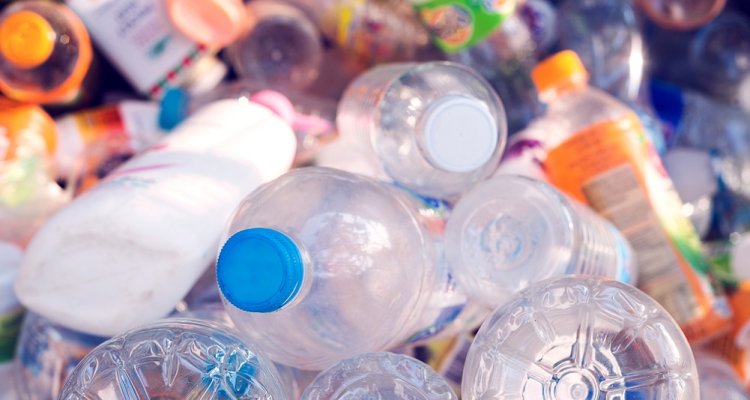
Project
Circular Single-Use Catering Products
Single-use catering products are increasingly used by consumers in everyday life. The lightweight properties, high durability and freedom of design of the fossil-based plastic resource material give clear advantages, but is accompanied with the generation of high amounts of waste that is often difficult to recycle or, even worse, unintentionally leaks into the natural environment. As the single-use plastic items represent about half of all marine litter found on European beaches, in 2018 the European Union published a directive ordering member states to create, before summer 2021, new legislation for this product group. A possible alternative, acknowledged by this EU directive, is the use of biodegradable materials. However, such products need to have proven biodegradable properties under at least home composting and preferably also in soil and marine environments. Therefore, this project aims to create a more sustainable end-of-life scenario for single-use catering products by developing new materials and products that can be processed by conventional recycling routes (including home composting), but will also degrade within a year upon leakage into the natural environment.
To achieve this result, the first step of the project is to modify the properties of existing home compostable polymers so that they meet the industrial requirements for the production of single-use catering products. Focus will be on products and properties that are highly unlikely to be obtained by non-bioplastic materials (e.g. wood and paper) and emphasize the unique properties of these materials. The second step is to enhance the biodegradation behaviour of these materials so that they will also degrade in soil and/or marine environments. The final step of the project is to combine the knowledge on material modification and improved levels of biodegradation, and develop single-use catering products that degrade within one year in the case of leakage into the natural environment. Furthermore, communication and policies are integral parts of this project as the developments should be allowed by the EU legislation and it needs to be clear to all external parties that this innovation is not a license to litter. Overall, this project aims to make a contribution to the reduction of the net amount of plastic waste on land and in the marine environment. In doing so, the project will have a significant impact on one of the most pressing international issues of the upcoming decades.